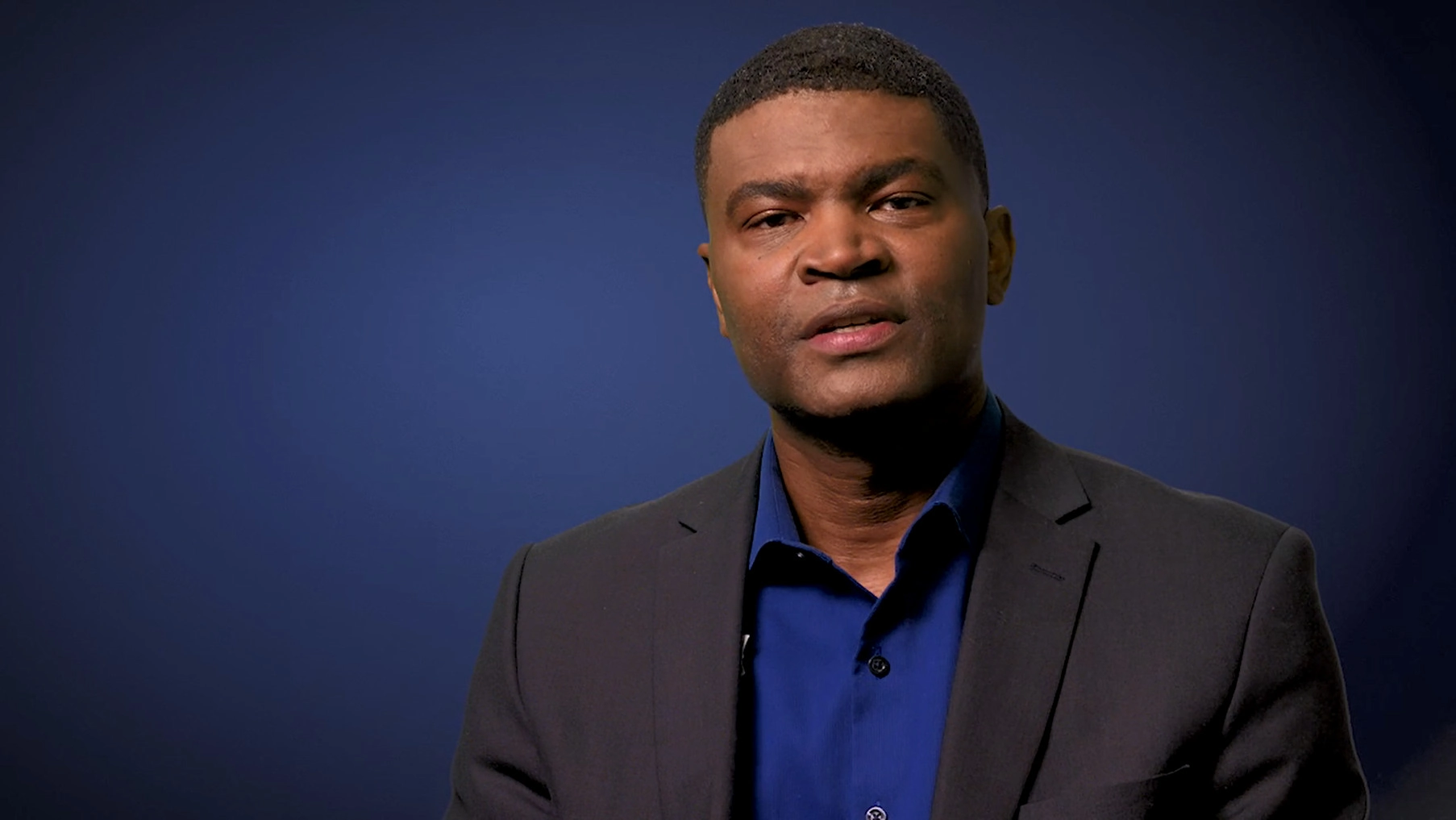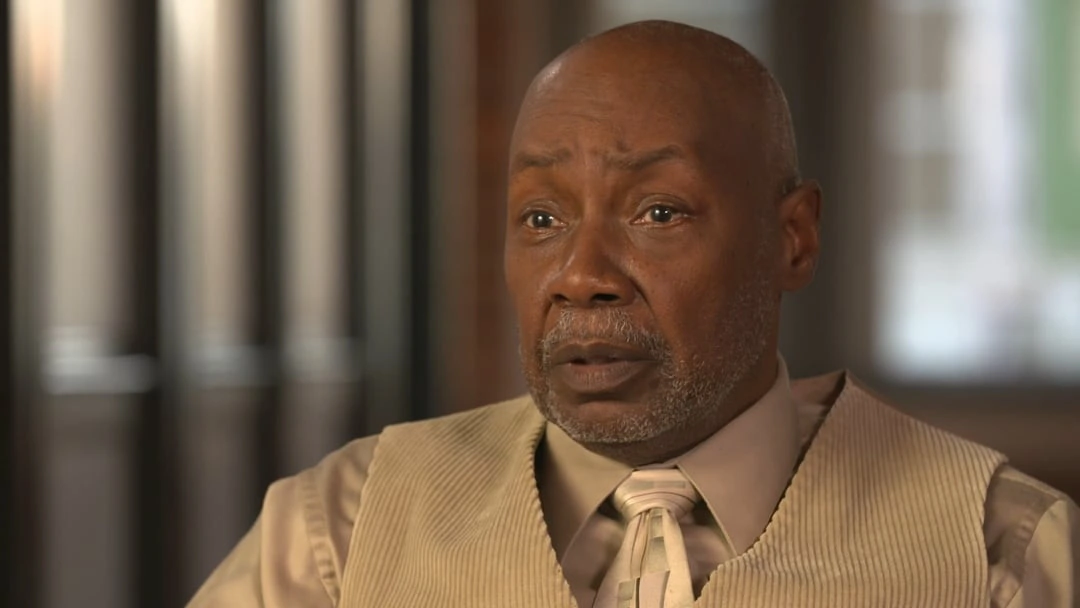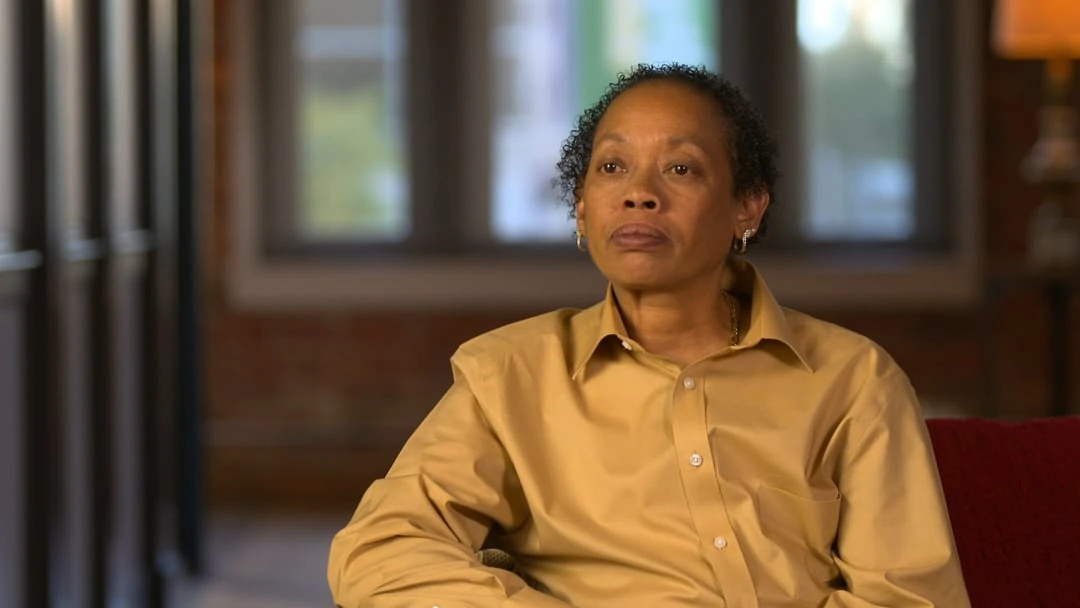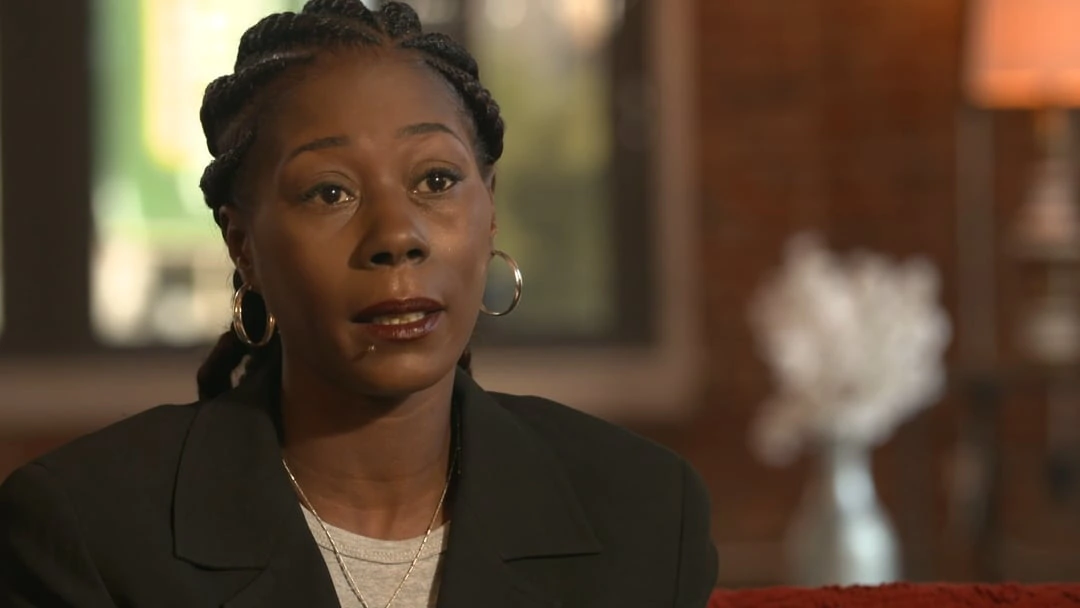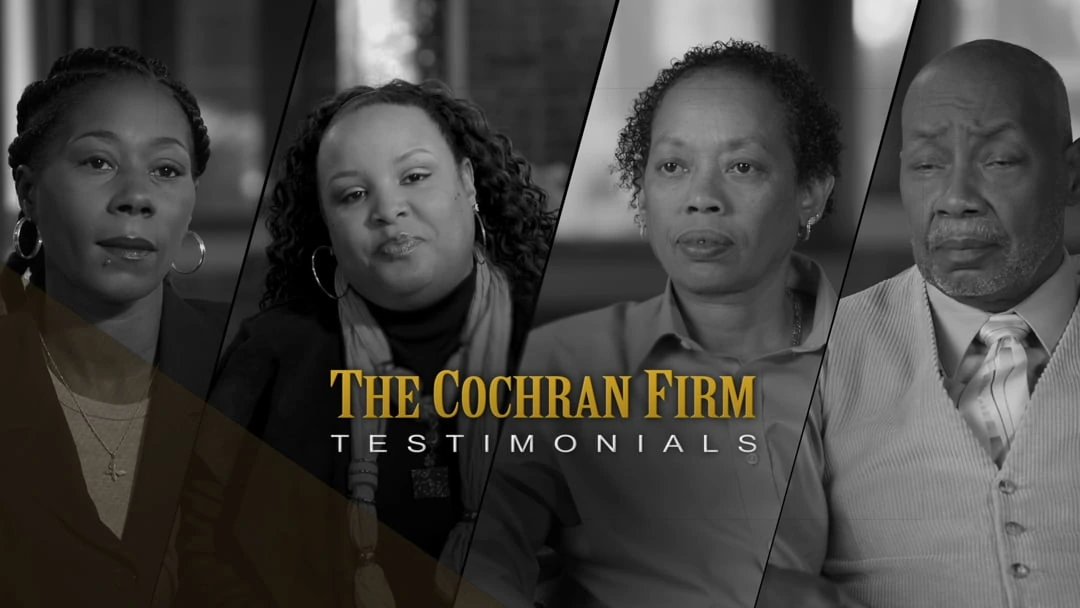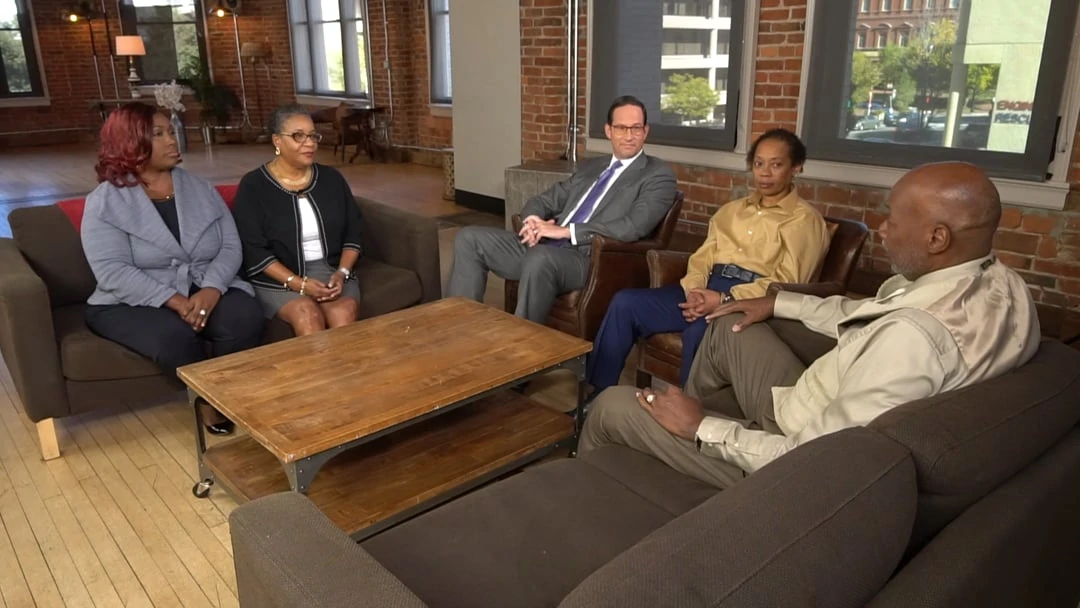When someone is hurt by the negligence of another, the law prescribes remedies to recover damages for lost wages, medical bills, and other harms. If someone is hit by a car and forced to miss time from work while they recover in a hospital, these expenses can add up very quickly.
Damages measurable by concrete dollar amounts, such as lost wages and vehicle damage, are known as “special damages” and can be calculated with relative ease. Plaintiffs may clearly demonstrate the economic damages incurred by submitting medical records and employment contracts to the court. Plaintiffs can be made whole again and move on with their lives by recovering money for these types of damages in a personal injury lawsuit.
But what about recovering damages for the plaintiff’s unwanted involvement in the accident itself? After all, victims should be compensated for the anguish, both physical and mental, of the accident they suffered through no fault of their own.
The law allows a remedy for this as well. Plaintiffs may sue wrongdoers for intangible losses, such as pain and suffering incurred in addition to the economic damages inflicted. Intangible losses are known as general damages and distinct from special damages because there is no evidence of a quantifiable dollar amount.
Plaintiffs can recover damages for both physical and mental pain and suffering. Courts may award damages to a plaintiff for both past and future pain and suffering. For example, if you suffered a severe injury in a car accident that leaves you in continuing discomfort, a court may take this into consideration when awarding damages.
Mental anguish may also be factored in when courts decide how much to award a plaintiff making a personal injury claim. A victim’s injuries may heal on the outside but can linger in the form of depression, anger, anxiety, or other mental strain. When victims of negligence are unable to enjoy their once-daily activities because of their accident, these types of mental injuries can manifest themselves to the point of sheer torture and prevent the victim from living the life they once had. Courts will also take into account future mental suffering as they do with physical suffering.
Unlike the “special damages” described earlier, there is no easy way to add up the damages for pain and suffering. Each award will be as different as the claim made. Judges may instruct juries to use their best judgment in determining how much to award a plaintiff who has won their personal injury claim.




